For more than 125 years, National Civic League has been at the forefront of civic innovation
A Legacy of Leadership. Innovation for the Future.
The National Civic League was founded as the National Municipal League following a gathering of civic leaders in 1894. This respected group of about 100 community leaders, including Theodore Roosevelt, Louis Brandeis, and Frederick Law Olmsted, came together to address “incompetence, inefficiency, patronage and corruption in local governments.” Local civic leaders needed inspiration and new models for governing and managing the nation’s cities.
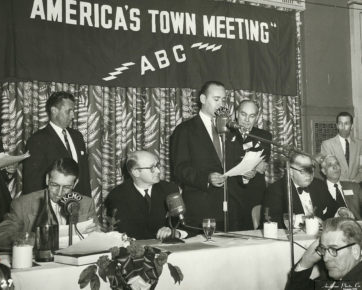
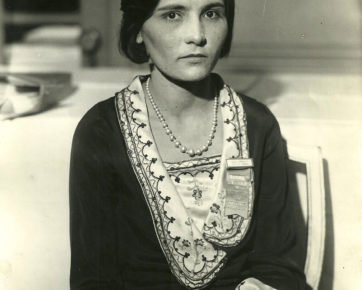
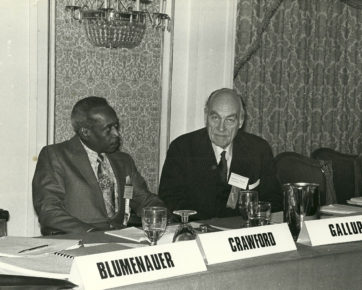
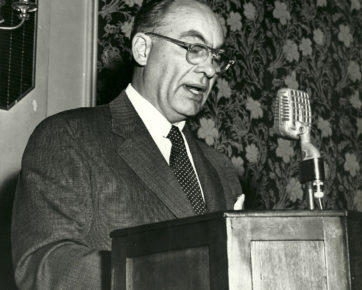
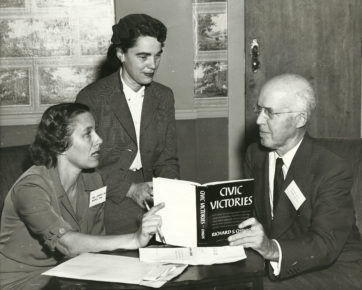
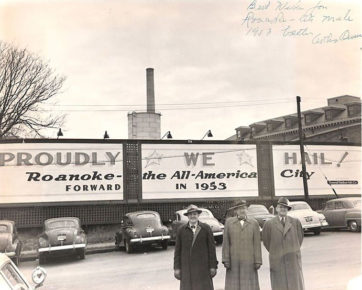
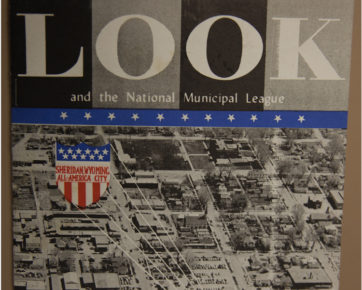
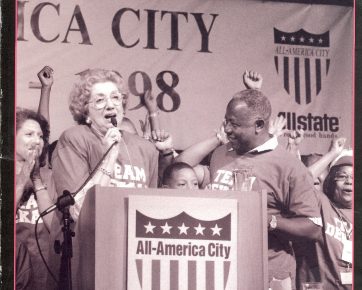
During the next 120+ years, the National Civic League led major reforms in the way local communities were governed, including the professionalism of city services, the creation of the city manager system, the nonpartisan makeup of many local elected bodies, electoral reform and inclusive civic engagement. No history of American politics and civic engagement would be complete without a chapter on the National Civic League.
Here are a few of the milestones from this period of work by the National Civic League:
Some Related Posts
Thank You to Our Key Partners



